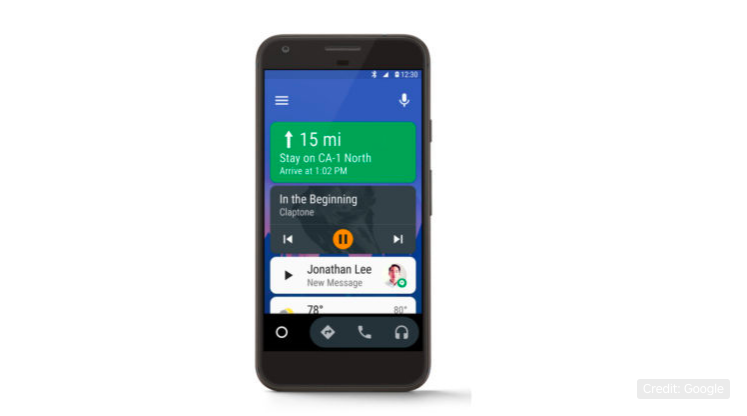The rise in the use of smartphones has also led to an increase in the demand for mobile apps. The number of mobile apps is continuously increasing and it is better indicated with Google Play Houses 2.2 million and Apples 2 million apps on the App Store.
According to researches, desktop users were long beaten by mobile users in 2014. The future predictions are that in 2017, 268 billion downloads will successfully be able to generate $77 billion. The apps developed nowadays are not just limited to smartphones but these are created for connected homes, wearable, IoT-enabled devices, smart-cars and for many other reasons. This shows a great opportunity for various apps among consumers and entrepreneurs.
Since 2016, cloud-based apps and services have also gained immense importance. Their ability to share and sync data with the server in real time along with other devices has given rise to many innovations. Now is the time to look forward for the upcoming trends of mobile applications,
LBS- Location Based Services:
The availability of GPS on smartphones has made it possible for Location-Based Services to develop on a bigger level. LBS will be having the power to provide users real-time information or deals based on their location. There are many areas where LBS can be more helpful such as location, specific payment portals, indoor mapping, security features, retail offers, navigation, travel, tourism etc. Beacon technology is equally becoming popular along with LBS among investors. Hardware advancement is also needed in this area badly as such services drain the life of batteries very fast.
AR- Integration of Augmented Reality
Augmented Reality Apps are long considered just for promotional purposes but now numerous apps have started putting AR to higher level tasks. AR tools have become more useful with the incorporation of wearable. In messenger app, recognition of words or phrases is something that can be capitalized upon. A related actionable item suddenly pops up is a person sends a text, video, or audio with a particular slogan. Social media syncing, product links, location tracking, and many more can be made good use of.
Android Instant Apps:
The Instant App feature enables Android apps to run instantly. The biggest benefit is that such apps need not to be downloaded or installed instead they can be run with just a single tap the app industry is about to get a makeover with this run-only-as-you-need concept. It will be extremely easy to conduct a search and then have a related app to turn up on the results page that can be run quickly without installing it. These apps are good for experience and quick insight but these are generally available as preview versions and lack few of the advanced features.
Embedded AI:
The implications of AI and machine learning into apps can influence working of the industry. Developers are keen on devising innovative ways for self-learning apps to customize what is displayed to users according to their moods and situations. Such services or named as Neural Networks will be helpful in shifting the technology to everyday devices including phones, cameras, and IoT-enabled devices.
IoT app integration:
IoT industry is moving towards its flourishing future and the apps related to IoT will also be demanded more than ever. The integration of IoT has already been started in the fields of security, education, health, automobiles and smart homes. So 2017 will be a good time for the development of IoT integrated apps.
Application Security:
Smartphone security has become crucial in current circumstances with the amount of data available on it. Apps with built-in security features can be really beneficial for dealing with the issue. Developers need to highlight the development of such apps.
The key factor that can make the apps successful is providing a premium and smoother user experience in the year to come. App developers need to prioritize the understanding of the customer to create apps that keep their place in the changing market space.
Via: Entreprenuer





